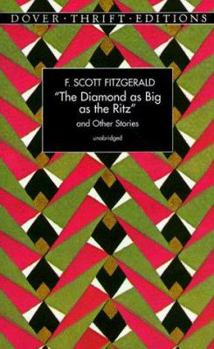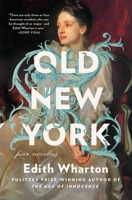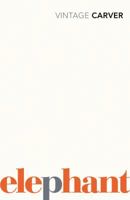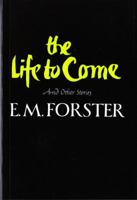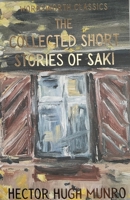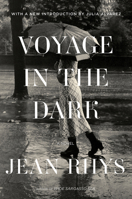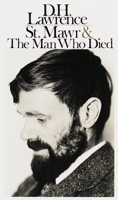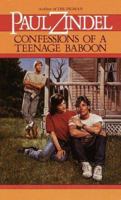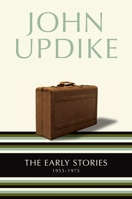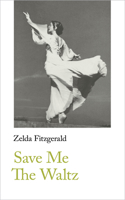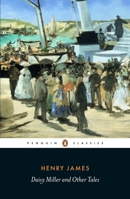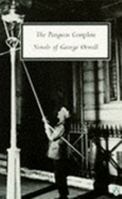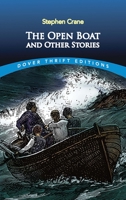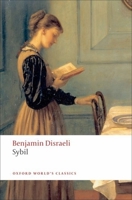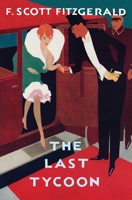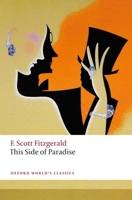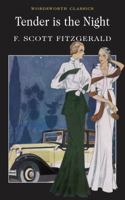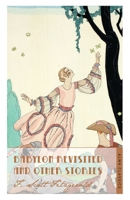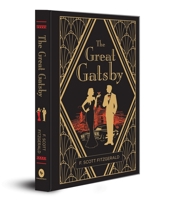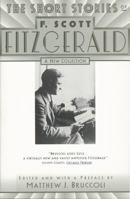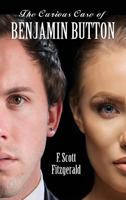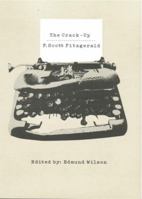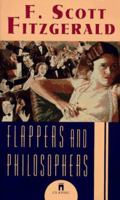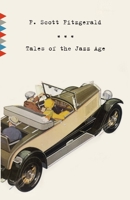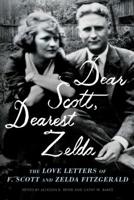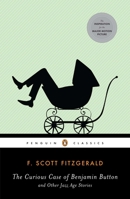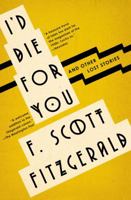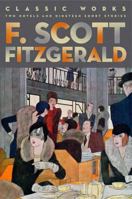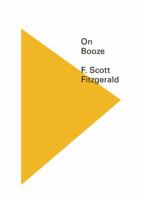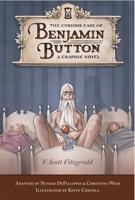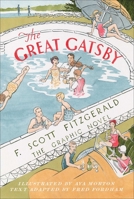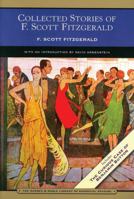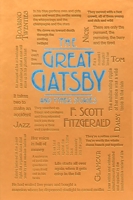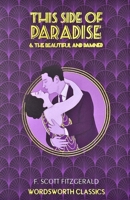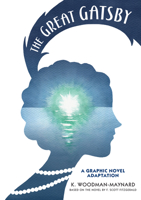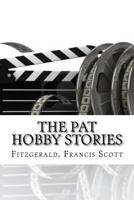The Diamond as Big as the Ritz
Select Format
Select Condition 
You Might Also Enjoy
Book Overview
"The Diamond as Big as the Ritz, and Other Stories" is a captivating collection of short stories by F. Scott Fitzgerald. At the heart of this anthology lies the mesmerizing tale of unimaginable wealth, secrecy, and forbidden desire. In the title story, readers are transported to a hidden mountain where a family guards an immense diamond that could disrupt the world's economy. As the plot unfolds, a young man finds himself ensnared in a web of opulence...
Customer Reviews
Rated 4 starsNot Great But Better Than Most
This was my introduction to Fitzgerald and I can say that it was an agreeable experience. Fitzgerald may have been a bit decadent but he was by no means pretentious, nor oblivious of the flaws, or weaknesses if you will, of the rich. These stories are witty, partly observational, partly imaginary sketches of life in the 1920's in America. Fitzgerald, himself only 24 at that time, writes about young men and women of roughly...
0Report
Rated 4 starshighly readable
This book contains 5 charming tales that range from the bittersweet ("Bernice bobs her hair") over the cautionary ("The Ice Palace") to the tragic ("May Day") and the grotesque ("The Diamond as Big as the Ritz").The fifth story is "The Bowl". The stories are indeed set in the jazz age (1920's)and tell about the (mis)fortunes of young men and women, high school kids, college students and the like, at that time. So imagine proms,...
1Report
Rated 4 starsGood Fitzgerald short stories....
For those who like F. Scott Fitzgerald, this is a really good book; for those who for their own reasons dislike him, here they are going to find more of the same.In this book are contained around five or so of Fitzgerald's stories; in them, his writing style seems as being youthful: more 'This Side of Paradise' and playful than contrived. The title story is clever and more-or-less a fairy tale; for every echo of Maugham that...
0Report
Rated 4 starsGood Fitzgerald short stories....
For those who like F. Scott Fitzgerald, this is a really good book; for those who for their own reasons dislike him, here they are going to find more of the same.In this book are contained around five or so of Fitzgerald's stories; in them, his writing style seems as being youthful: more 'This Side of Paradise' and playful than contrived. The title story is clever and more-or-less a fairy tale; for every echo of Maugham that...
0Report
Rated 5 starsGreat!
This book is absolutely fabulous. I like the style of Fitzgerald, and I believe that in this masterpiece he is in the peak of his talent. The book has a very effective style, and teaches its readers about what it aims. I also reccomend 'The Short Stories 'of F. S. Fitzgerald.
0Report







